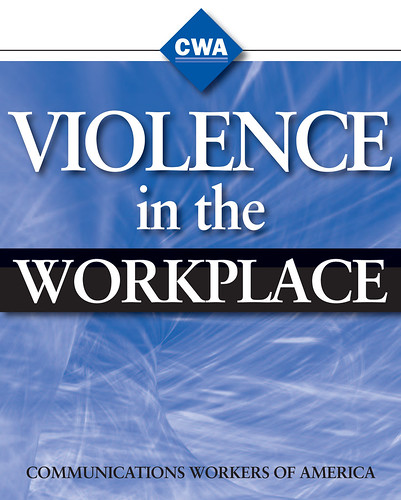The government of the District of Columbia has determined that an employer may lawfully terminate an employee who, on the advice of a psychiatrist, appears to exhibit "ideas of reference," a psychiatric "disorder" that can be associated with a risk of violent behavior. See Freedman v. D.C. Dept. Human Rights, D.C.C.A. no. 96-CV-961 (Sept. 1, 1998).
Such an employee may be said, as a matter of law, to pose a "direct threat in the workplace," and therefore does not enjoy the protections of the Americans With Disabilities Act.
I had a consult with my psychotherapist on Monday afternoon, December 19, 2011. The psychiatrist is a third-year resident with St. Elizabeths Hospital. His supervisor is Earle Baughman, M.D., a psychoanalyst.
At the beginning of the consult the psychiatrist referred to "soft porn." At the end of the consult the psychiatrist pointed out that we would have a "two week" break in our sessions because of the upcoming Christmas and New Year's holidays, which will fall on successive Mondays, the day I see my psychiatrist. I noted that the phrase "two week" is a homophone of the phrase "too weak." I combined the phrase "too weak" with the word "soft" and had the inference that the psychiatrist had on his mind the idea that I had a "courageous, hard or strong" personality.
My inferences are ideas of reference, which, according to the D.C. Court of Appeals, may be associated with a risk of violent behavior. Per the criteria of employability enunciated by the D.C. Court of Appeals in 1998, see Freedman, I continue to be unemployable notwithstanding the Americans With Disabilities Act, which permits an employer to refuse to hire an individual who poses a "direct threat" in the workplace.
Subscribe to:
Post Comments (Atom)


3 comments:
Message to psychiatrists:
"When you look long into an abyss, the abyss also looks into you." --Friedrich Nietzsche
According to MacKinnon, creative persons have the following characteristics: courage, femininity in male subjects, perceptiveness, and openness to experience, and independence of thought and actions.
MacKinnon, Donald W., "The Study of Creative Persons." In Creativity and Learning. Edited by J. Kagan (Boston: Beacon, 1967).
Earle Baughman, M.D., Vanderbilt University School of Medicine. Psychiatric Residency: Vanderbilt. Supervising and Training Analyst, Baltimore-Washington Psychoanalytic institute; qualified in adolescent psychoanalysis. Diplomate, ABPN. Special interests: literature of the American South (William Faulkner, Ellen Gilchrist, Robert Penn Warren, Walker Percy, etc.).
Post a Comment